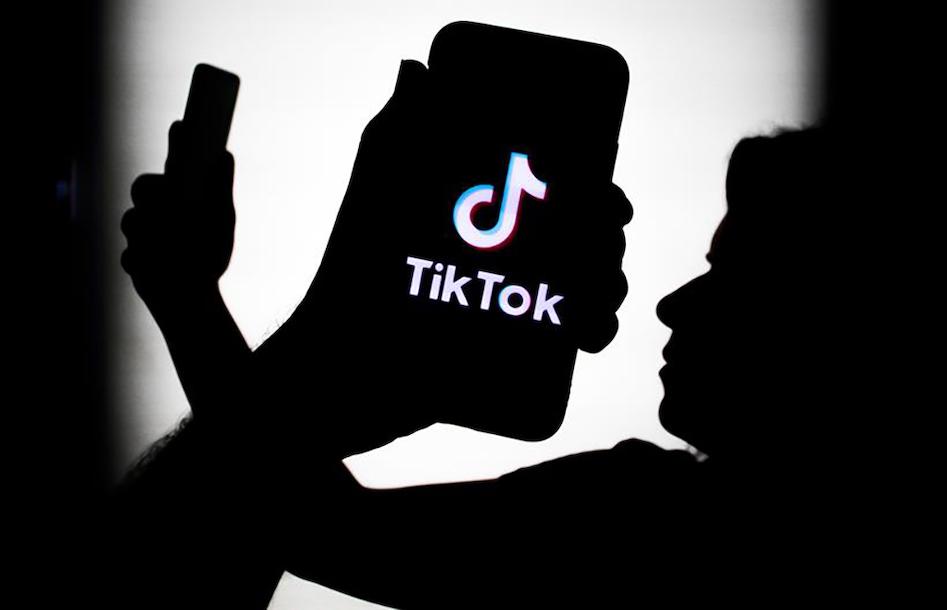Recently, a surge of questionable internet influencers have been making mental health claims without any actual expertise, degrees, or even research to back them up.
This has been especially true with Attention Deficit Hyperactivity Disorder (ADHD). According to The Canadian Journal of Psychiatry, 52% of the videos covering the topic were deemed misleading.
Other influencers such as @4nn3m43 and @littlemissshinkicker are now participating in a trend called “undiagnosis,” where they use their self-proclaimed expertise to diagnose themselves with rare mental illnesses as a way of destigmatizing various conditions.
Not surprisingly, this effort to destigmatize mental illnesses only has an opposite effect, and is causing further stigma against those who are actually affected by these mental illnesses.
As more young people rely on the internet for information and usage of social media platforms such as Instagram and Tik Tok, the problem of online misinformation seems to be growing worse. According to a report from by the Pew Research Center, 3 in 10 adults said they regularly used Facebook to get their news while 26% of adults use YouTube.
Likewise, a report from healthcare platform PlushCare analyzed 500 TikTok videos on mental health conditions, and experts concluded 31% of the videos contained inaccurate information, and 14.2% of the videos contained potentially harmful advice such as advising medication with the consultation of a doctor first. For example, videos about ADHD contained misleading information where people labeled certain behaviors like disorganization and distractibility as symptoms, leading some users to misdiagnose themselves and stigmatizing individuals with ADHD.
Unfortunately, it is unrealistic to expect the government or the social media platforms themselves to fully address or solve this issue, so it is mainly up to the viewers to avoid this type of content, or at least be cautious when exposed to it.
In this day and age, anyone has the ability to say just about anything on the internet, so it is critical now more than ever for users to take it upon themselves to filter the information they receive online.
In the past, to receive mental health assistance, individuals would consult certified professionals with years or decades of experience. Unfortunately, this help is now being spread with the swipe of a finger, and although there are few trustworthy sources on social media platforms.
Recently, the T.H. Chan School of Public health at Harvard invited a group of mental health to conduct an experiment where influencers implement and give their input on their teachings.
As part of the experiment, Trey Tucker, a mental health therapist and social media influencer, decided to integrate research he learned from the lessons he learned from Harvard into a TikTok video; the video was about how the brain responds to the sound of water. After a few days, the video performed poorly. He concluded that the platform itself was promoting sensationalistic videos that kept the audience glued to the screen instead of ones rooted in sound research.
More engaging stories, such as people expressing their symptoms in whatever condition they struggle with, are put into people’s feeds for their stronger appeal. A 2022 study that examined 100 TikTok videos with the #MentalHealth tag and had an average of 13 million views, concluded that almost half of the videos reported symptoms of mental distress. The fact that a large portion of the #MentalHealth videos only exist as an attention-grabbing scheme for those who are supposedly “mentally unhealthy” shows that many videos still stray from trying to help people actually improve their mental health.
Researchers say that at worst, social media can be a depressing place where feeds are filled with content about self-harm or eating disorders, shedding light on these platform’s algorithm’s priorities when it comes to generating more views.
Furthermore, influencers like Ticsandroses, who exaggerates and mocks the Tourette syndrome in many skits, feign mental health issues for attention, which only creates a stigma against those who actually suffer from those mental health issues. In the case of Ticsandroses, a TikTok creator, faked having Tourette’s syndrome, an illness that causes individuals uncontrollable tics. After being exposed by an individual that actually had Tourette’s, she played it off as just a funny attention seeking grab. Rather than apologizing for her actions, Ticsandroses only drew negative attention to Tourette’s syndrome. These social media platforms are facilitating the exploitation of mentally unwell individuals, all for monetary gain.
Social media is a powerful tool where individuals can conveniently access information about mental health, but it is evident that social media platforms are unwilling to moderate the use of their product, resulting in the injury of billions of young people across the world. As a result, it is absolutely crucial for the younger generations to take what they see and watch online with a grain of salt, or else society will have millions of perfectly normal people running around feigning mental illness and hurting themselves in the process.





























